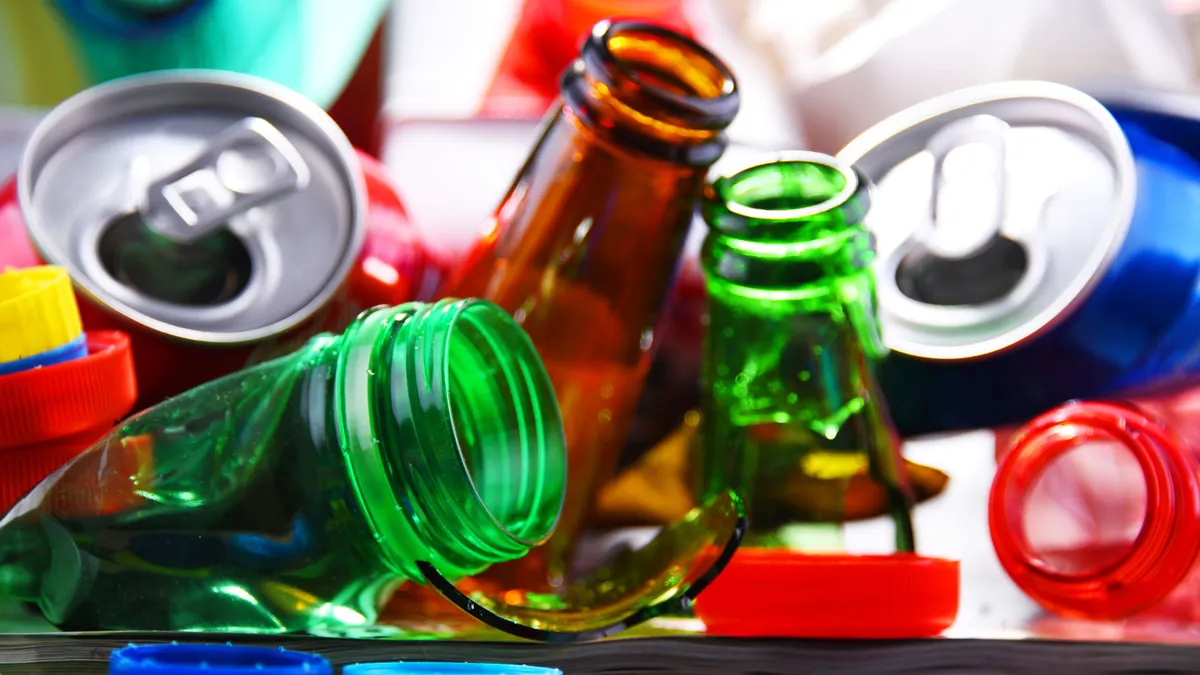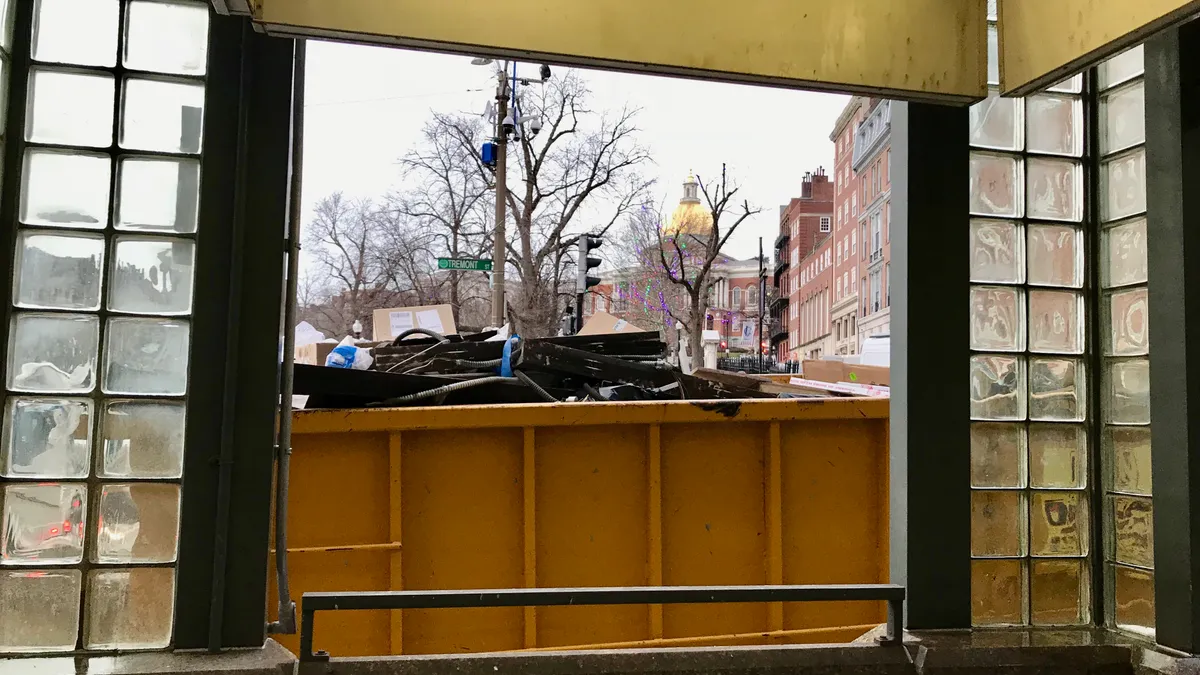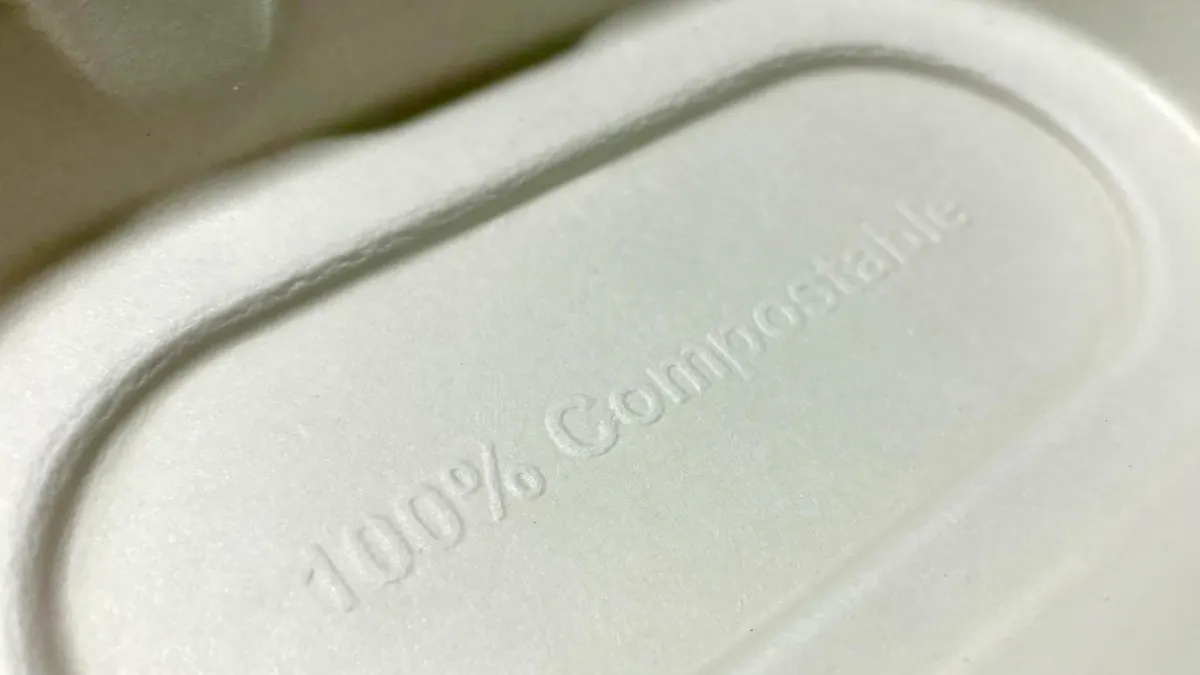Highlights
Number of companies providing Agilyx with polystyrene feedstock:
500
Monthly output:
600,000 pounds of polystyrene processed and 56,000 gallons of styrene monomer oil produced.
Outlook:
A new joint venture with AmSty for future expansion and another deal to provide fuel to a Delta Air Lines subsidiary indicates further upward trajectory for Agilyx. As interest grows in potential chemical recycling solutions, this will be seen as a model of success.
Agilyx has been operating as a pyrolysis business for about 14 years, primarily processing difficult-to-recycle plastics into lower-carbon synthetic crude oil options. But this year, Agilyx did something new: It began an operation at its Oregon facility dedicated solely to de-polymerizing polystyrene (PS) foam and other PS products to create a styrene monomer oil, giving rise to a new market for the material.
"Polystyrene is not a welcomed polymer in most recycling programs," said Joe Vaillancourt, Agilyx CEO. "We found we could unzip those [materials] back to a monomer and create a very circular chemical recycling pathway."
While other foam recycling does exist throughout the country, many, if not most, of those operations densify or melt the foam. That keeps it in the polymer form, as opposed to Agilyx's solution of reducing it to a monomer oil — a less complex material that can be used in more applications. Vaillancourt also notes that the commercial scale of the Agilyx operation sets it apart from others.
The company has gained considerable attention because it processes foam, but the facility handles all types of PS with varying levels of contamination.
"We can take materials with a fairly high degree of contamination — food, dirt, those kinds of things — and convert them to a styrene monomer that goes to a refiner who further refines it back to manufacturing grade sytrene. It’s fully circular," Vaillancourt said.
Agilyx works with a number of dedicated partners, both for the styrene monomer oil and its other pyrolysis projects, to create end-use products to their specifications. For the styrene monomer oil alone, the company takes materials from 500 different feedstock suppliers and processes them into a uniform product.
"Before we take them from a supplier, we characterize the [materials]. We add that characterization into our predictive modeling capabilities so we know what the yield of that polymer is [and] what its contamination levels are," Vaillancourt said. "So when we go to manufacture products we may always take the same broad set of inputs, but we know how to create a recipe or mix to make sure we have a stable output."
Agilyx has about 60 new projects in the works across all of the company's pyrolysis operations. In early November, the company signed a letter of intent with Texas-based polystyrene monomer producer AmSty to create a joint venture that will assume control of the Oregon facility and potentially expand the company's reach. Shortly after that, Agilyx also announced plans to begin selling feedstock to a Delta Air Lines subsidiary in what Vaillancourt described as a "capstone achievement." Vaillancourt sees many opportunities for future expansion, including the potential to eventually accept hard-to-recycle, single-use plastic items increasingly being banned by governments, such as straws or packaging.
Vaillancourt feels the environmental narrative about throwing out, for example, a single-use coffee cup could be less troublesome if that type of post-consumer packaging were recycled back into a product, considering plastics have "an almost infinite recyclability." The concept could be described as similar to that of recycling aluminum cans, which also are considered to have nearly unlimited recyclability. "There’s very little degradation bringing [the plastic] back to its elemental form and then rebuilding it, and you're doing it at a 60-70% lower carbon profile to virgin materials," said Vaillancourt. "Hopefully, that may change people's perceptions about the efficacy of plastics in general."
He thinks that as more people learn about the possibilities for recycling PS to a styrene monomer, even more market opportunities could come to light in the months and years ahead.
"Three years ago, I wouldn’t have thought this was possible. But as technology has advanced and our chemistry knowledge advances, it’s pretty exciting to think that we can take pretty much 80% of plastic waste and recycle it back to plastic," Vaillancourt said. "We're pretty excited about it, and we think it's needed. We're displacing the need for using [natural] resources."
Read More
-
From foam to oil: Agilyx offers new chemical recycling solution
By Katie Pyzyk • May 7, 2018


















